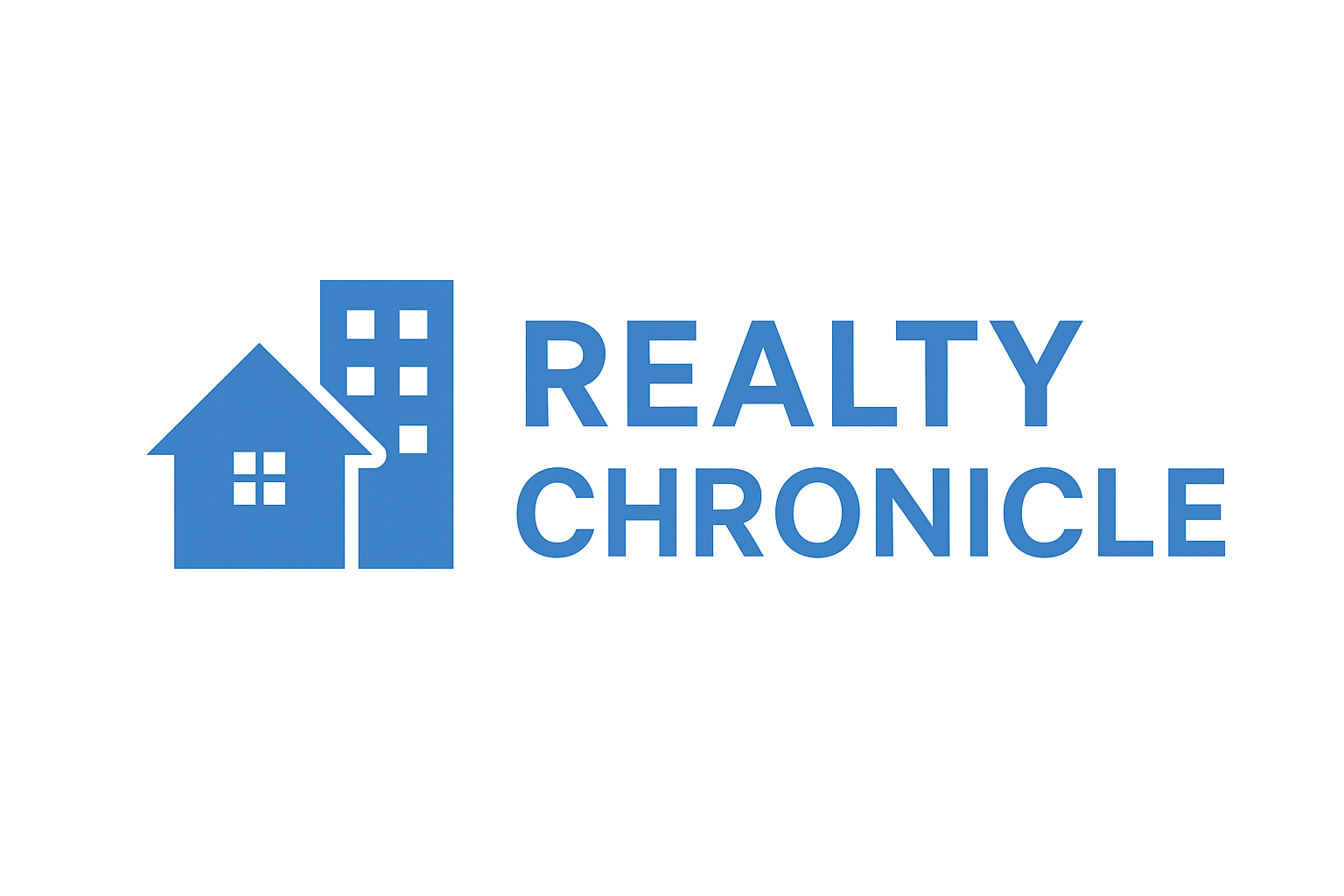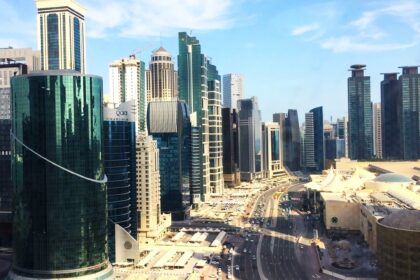From Riyadh to Jeddah, the Kingdom signals openness to foreign investment with digital ID–enabled property ownership
Starting January 2026, Saudi Arabia will permit foreigners to buy and own property in designated zones, in a landmark shift designed to attract global investment and accelerate economic diversification under Vision 2030.
Approved in July 2025, the new Law of Real Estate Ownership and Investment by Non-Saudis replaces the two-decade-old framework and for the first time allows non-Saudi individuals, companies, and institutions to directly own or use real estate in the Kingdom. The law takes effect on 21 January 2026, 180 days after its publication in the Official Gazette.
Digital ID Pathway for Property Buyers
A key innovation of the law is the introduction of a digital identity system for foreign buyers. Non-resident foreigners must obtain and activate a digital ID through the Ministry of Interior’s Absher platform. Additional requirements include opening a Saudi bank account and securing a local contact number before completing any transactions.
The rollout is being coordinated by the General Real Estate Authority, working alongside the Ministry of Interior, the Saudi Data and Artificial Intelligence Authority (SDAIA), the National Information Center, and other agencies. This digital pathway is intended to streamline transactions, ensure compliance, and strengthen regulatory oversight.
Scope and Restrictions
The law broadly defines “non-Saudis” to include individuals, foreign-incorporated companies, non-profits, and investment funds. Ownership will be permitted in designated zones across the country, including Riyadh and Jeddah, but restrictions remain in Makkah and Madinah, where only Muslims may acquire property.
The legislation also introduces conditions such as disposal fees of up to 5% and penalties for violations, which may include fines of up to SAR 10 million or forced sale of property.
Governance and Oversight
Saudi Arabia has restructured the board of the General Real Estate Authority, now chaired by its CEO and including representatives from key ministries and three members from the private sector. A dedicated committee will monitor compliance and oversee usufruct rights.
Economic Context and Regional Competition
The reform comes as Saudi Arabia seeks to expand its real estate sector’s contribution to GDP, echoing Dubai’s landmark reforms of 2002, which unleashed a wave of foreign investment. Dubai’s property sector now generates more than AED 73 billion (USD 20 billion) annually.
In Saudi Arabia, the real estate price index rose 4% year-on-year in early 2025, according to the General Authority for Statistics. By opening its market, Riyadh aims to replicate some of Dubai’s success while competing regionally with the UAE and other Gulf states.
Strategic Implications
The new ownership framework is part of Crown Prince Mohammed bin Salman’s broader Vision 2030 strategy to reduce dependence on hydrocarbons and diversify sources of growth. Combined with recent reforms allowing GCC citizens and residents to invest directly in the Tadawul stock exchange, the property law signals the Kingdom’s determination to create a more open, investor-friendly business environment.
For global investors, Saudi Arabia’s real estate sector—once largely closed—now represents one of the most significant new opportunities in the Middle East’s evolving economic landscape.








